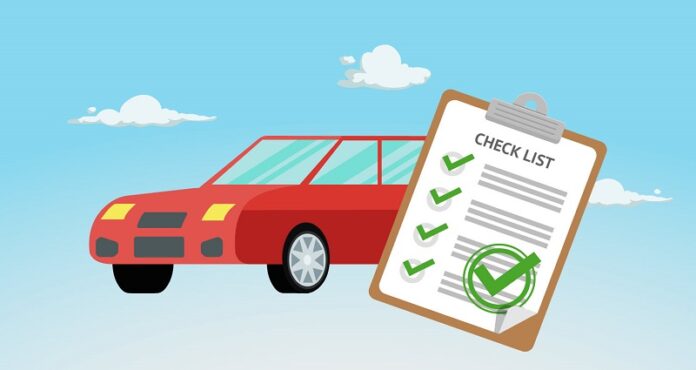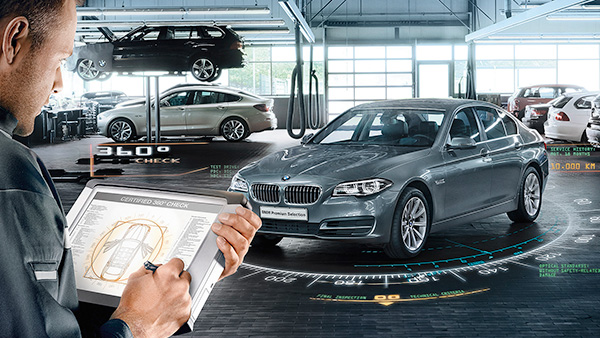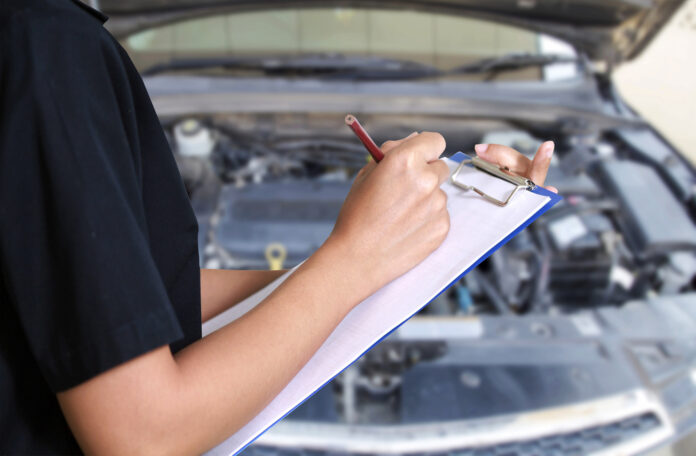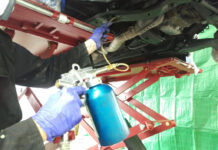Buying a second-hand car can seem like an overwhelming experience. Potential purchasers often find themselves wondering about the history of the automobile, how trustworthy it is, and whether it is secure.
One may see a used automobile that appears to be in pristine condition with a spectacular shine on the bodywork, a spotless cabin, and a reliable car history report, but what lies under the surface?
A car checker is an incredibly useful resource to fully uncover the vehicle’s true history.
Therefore when it comes to parsing through all of this data, knowing what a car checker discloses about a vehicle’s past can be the distinction between you buying the car or choosing one that is better, more trusted and safer.
A history report is essential as it shows what has happened to a vehicle since it was sold as new. A car checker reveals the history by using multiple data agencies, including the DVLA, the Police National Database, finance providers, and more. This history report is crucial to ensure that the vehicle you are buying does not have a hidden history.
Why It Is Important to Understand a Vehicle’s History

When you purchase a second-hand vehicle it is taking a chance without knowing what’s behind it. It’s not just about how it looks or drives in a short test drive, but simply the undocumented past can have a direct connection to the vehicle’s current condition and performance.
For example, an automobile was successful in sustaining a significant accident that had been repaired to appear to be new. In the event of an incident with the repaired automobile, there is a possibility of severe safety related concerns directly related to repairs and safety offsets.
What Information Can be Acquired From a Car Checker?
Accident History: Perhaps one of the most critical things revealed from a car checker is simply the accident history.
A vehicle history report summarizes any accident(s) the car has been involved in providing information on the character of the damage incurred and repairs.
Knowing the car has been involved in a collision or accident can be important even if repaired. As the buyer, one can potentially be warned of structural or mechanical issues that may occur in the near future.
It is plainly written above you will see a long lasting effect of some accidents even with quality repairs. Accidents involving the frame will affect the long term longevity of a car.
Written Off Check: The title check portion of a vehicle history report shows if a vehicle has a clean title or if the vehicle has been determined to be salvaged, rebuilt or junked. Unfortunately a salvage title typically means an insurance company has stated the costs has exceeded the vehicle value due to damage or loss all together.
A salvage title typically means while the car could have been repaired, whether its quality repairs or quantity of repairs, the car carries diminished value with it or significantly hidden defects that could have considerable long term negative effects.
A rebuilt title indicates the car has been repaired and inspected. As a buyer however, one should be warned, once repaired not every car returns to its original…
Mileage Check: Odometer tampering or “fraud” is common practice by sellers because it brings up the value of a used car.
Typically in a car checker, the reporting agency collects odometer readings from infra different service points being logged back in the period of car ownership claiming to review this information.
Early in the negotiation stage if a buyer detects tampering, he will not over price and be taken advantage of for mileage beyond what was originally represented.
Service Record and Maintenance: Service and maintenance records are important. Maintenance is key! The car checker will provide access to all service and maintenance records and whether the previous owner adhered to the manufacturers recommended service policy.
The Advantages of a Car Check

A car checker has many advantages, starting from peace of mind. Knowing the history of your car helps the buyer make informed decisions which can ensure that they don’t buy a car that has existing issues or has hidden issues.
A full report is also useful for negotiation. If the car history check shows minor issues or past accidents, the buyer can leverage this information for negotiating the lower price.
Another advantage of a car checker is to save on more repairs in the future. By learning about the cars personal issues in the past. An informed car buyer could potentially avoid vehicles that would have mechanical issues or have expensive repairs.
By selecting a car with documentation of good previous owner betrayal or repairs. Then the probability of car breakdowns or expensive maintenance bills greatly reduced.
How Car Checkers Work

Car checkers compile reports by compiling information from many databases. The car checker uses a Vehicle Identification Number (VIN) for their check. Each car is assigned a unique 17-character VIN, similar to a fingerprint for that car.
During a car check, the car checker will use the VIN to search the amount of databases for records associated with it. Some of the databases include, but are not limited to:
DMV Records: Provide detail of past registrations and transfers. This is important because buyers may see discrepancies in the reports that could inform them of an odometer issue or title washing (when a vehicle is moved to another state to be eligible for a clean title).
Insurance Companies: Insurers are required to report any claims incurred on the vehicle behalf of the car owner. This could involve a theft or an accident that could cause damages.
Repair and Service Shops: Mechanics have the ability to report details about the car after repairs have been made, and for how to keep servicing that car.
Police Reports: Police reports may reflect any previously reported issues that may have happen to the vehicle, whether it was a theft, an incident, or an accident.









